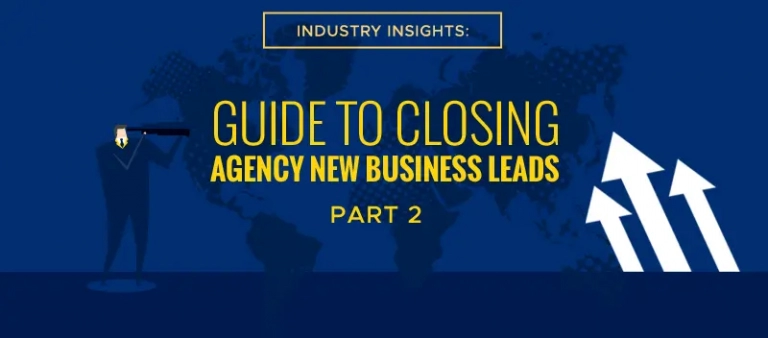Once a salesperson gets hold of a new customer on a call, the most common tendency is, of course, to demo your product and try to sell it in a heartbeat. The error in trying to sell right away is that it doesn’t allow time to identify their pain points first.
So, how should one approach discovery and sales calls? We have decided to give you the rundown of all the Do’s and Don’ts of making Discovery/sales calls that will help you get the results that you want.
Talk, but not too much
Your discovery calls should never come off as a monologue without giving your prospect any room to talk as well. It is just as important that you space out your questions throughout the call. Keep your conversation free-flowing so as to allow your prospect to become comfortable talking with you.
Don’t be too eager to pop the question
As excited as you may be, you might want to hold off asking to do a demo right off the bat. You have to be consultative for the duration of your discovery call in order to gain as much essential information as possible with regards to their pain points, budgets, goals, etc.
Don’t ‘just call’
Phone calls work well, but calls that include video sharing by sales reps convince more prospects to switch on their webcams and effectively engage in a conversation with the sales representative.
This is a good way of building rapport with your prospects. Work on establishing trust and authenticity to make your prospects comfortable and more open towards you and your brand as people, in general, tend to listen more attentively when they can put a face to the person they are talking to.
Don’t assume
We are naturally inclined to assume which is okay. However, when doing a discovery call, it’s important that you confirm what you think is true. During your interview, quiz your prospects by asking questions like, “Are you still having trouble fixing this issue?” or “Can you remind me when your contract is up for the solution you currently have in place?”
This will help you be sure of what you may have noticed or seen on their company website or social media platform as well as provide clarity on details that could have been misread.
Now that we’ve got all the Don’ts out of the way, let’s talk about all the right things to do during a discovery call that will assure you winning results.
Do your homework
This one is very much self-explanatory, but it is often glossed over in the moment of eagerness to make a call. Before you make your call be sure that you know enough about your prospects in order for your call to be productive and fruitful. Don’t limit your research to solely their website. Instead, look them up on LinkedIn, and if they don’t have a profile keep searching for them on Google and see what they’ve been up to for the past 3-5 years.
Have a call duration
Before you dive into your discovery call, make sure that you have established an ideal call duration whether it’s going to be 15 minutes, 30 minutes, or even an hour long.
If your prospect has enough time to spare that’s great, but if they don’t have that much time available on their hands, you have to adapt and stick to their timetable. A shorter discovery call doesn’t equate to a lost sale. You can still accomplish everything you set out to do during a short call, it’s all about how well you’ve prepared and steered the conversation in the right direction.
Listen and ask the right questions
Just as we talked earlier about not assuming right off the bat, it’s also important that you pay close attention to what your prospects are saying and how they’re responding to you. Asking all the right questions will allow you to take control of the conversation as it will ensure that both you and your prospect gain value from what you’re both talking about.
Close the deal
The only caution here is to only attempt and close the sale if you’re both confident that working together is going to be beneficial to both parties. If everything during your conversation went well, you’ve managed to build rapport and built a level of trust, all you need to get now is a yes.
If you don’t want to come off as too direct, you can always offer to send the details of the next steps to their email and let them know that you will be in touch with them again. Don’t forget to also schedule a follow-up call with them while you two are still on the phone. If they agree to schedule another phone call with you it shows that they have high intent to work with you and you can guide them through their next steps in the sales process.
Conclusion
The traditional way of doing discovery calls constantly keeps on changing as it now is more focused on helping the customer rather than just having their own interests in mind.
In order to successfully gain more customers in this new age of doing business, we have to start with having more customer-centric calls.




